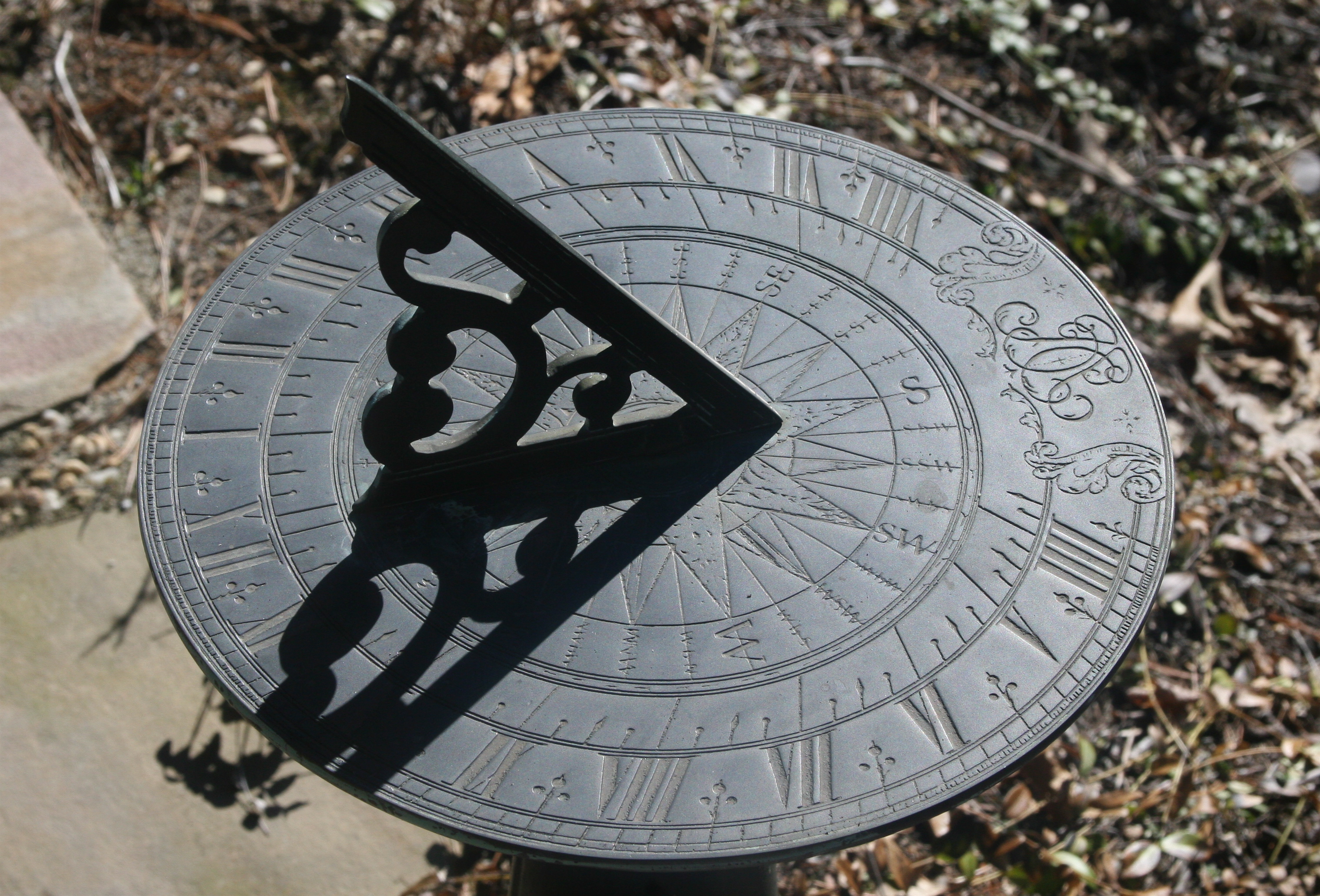- Joined
- Apr 27, 2007
- Messages
- 69,284
- Reaction score
- 144
What if the calendar had never been invented? How would we keep time?
by looking at sun
What if the calendar had never been invented? How would we keep time?
What if the calendar had never been invented? How would we keep time?


So, like tree-o'clock? Roof-o'clock?
LOL, there was a sundial before the calendar and clock were invented.

What if we lived in a world where the speed of light was a quarter of the speed here? Due to the theory of relativity time would flow differently for all of us so can you imagine the logistics nightmare in trying to keep everyone on the same time?
oh my. how did you associate yourself with this person in the first place?
i'd rather reckon we'd be stuck in the industrial revolution/steam age..
What if robots take over the world?
What if people take this thread serious lol
What if you woke up and find out youre last of your kind.

(did that exist)
what if I had the answer to the meaning of life

So, like tree-o'clock? Roof-o'clock?
Moon phases.by looking at sun

So, like tree-o'clock? Roof-o'clock?
hmmm that doesn't really make any sense because if this world is where speed of light was a quarter of the speed here... then it affects us all the same.
so in theory of relativity where time would flow differently for all of us - it's because someone is on different object... for ie... earthlings and astronauts.
so the logistic nightmare in trying to keep everyone on the same time? that's time zones and daylight saving time.
hmmm that doesn't really make any sense because if this world is where speed of light was a quarter of the speed here... then it affects us all the same.
In October 1971, Hafele and Keating flew cesium-beam atomic clocks, initially synchronized with the atomic clock at the US Naval Observatory in Washington, D.C., around the world both eastward and westward. After each flight, they compared the time on the clocks in the aircraft to the time on the clock at the Observatory. Their experimental data agreed within error to the predicted effects of time dilation. Of course, the effects were quite small since the planes were flying nowhere near the speed of light.
The engineers who designed the GPS system included these relativistic effects when they designed and deployed the system. For example, to counteract the General Relativistic effect once on orbit, they slowed down the ticking frequency of the atomic clocks before they were launched so that once they were in their proper orbit stations their clocks would appear to tick at the correct rate as compared to the reference atomic clocks at the GPS ground stations. Further, each GPS receiver has built into it a microcomputer that (among other things) performs the necessary relativistic calculations when determining the user's location.
